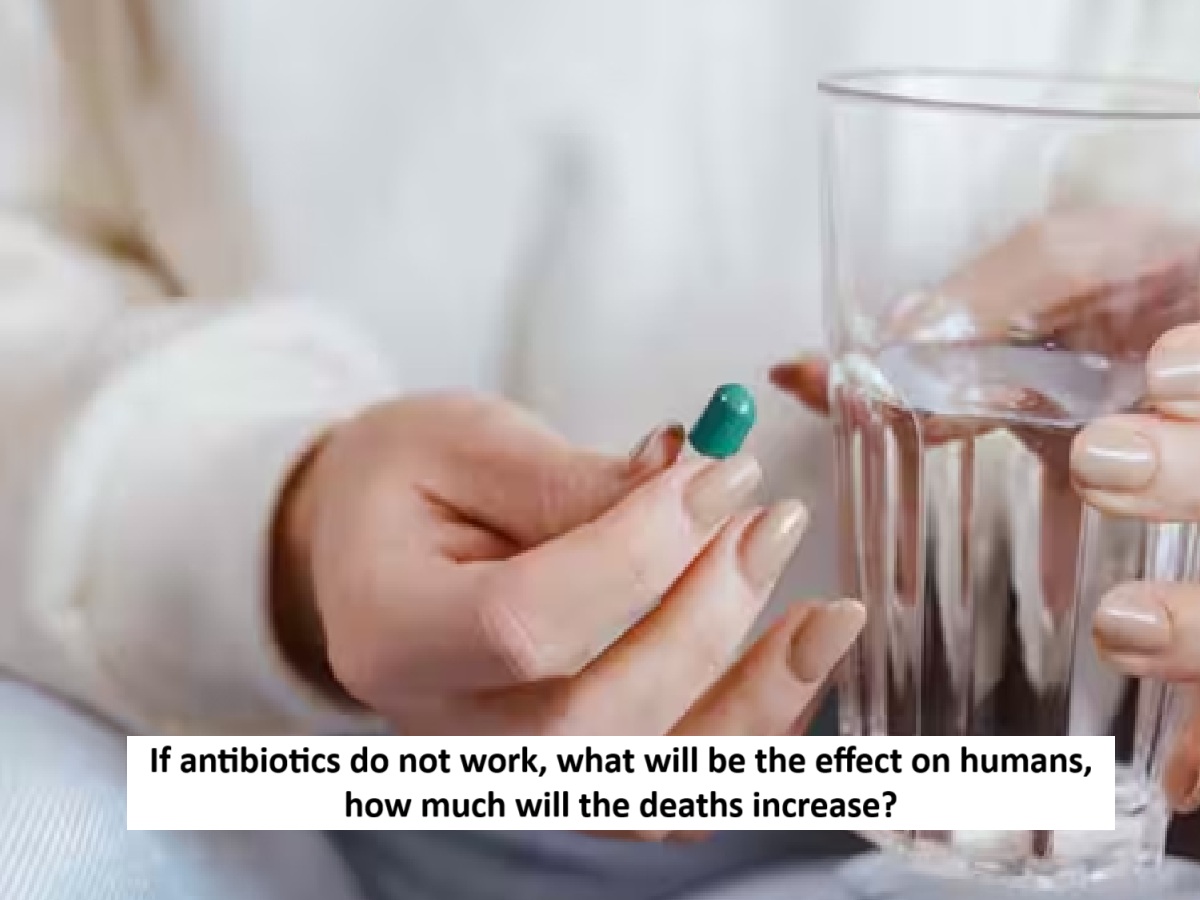
News Topical, Digital Desk : Often, when you experience a sore throat, fever, or a urinary tract infection (UTI), your doctor prescribes antibiotics, which provide relief. What if these same medications don't work in the future? This is becoming a reality. According to a report by the World Health Organization (WHO), 1 in 6 bacterial infections worldwide are now resistant to antibiotics. This means that the drugs are proving ineffective for these patients, making treatment difficult. This situation is extremely serious and is called antibiotic resistance. Let's explore the impact on humans and how many deaths will increase if antibiotics don't work.
What impact will antibiotic resistance have on humans and how many deaths will increase?
People often take antibiotics without consulting a doctor or don't complete the full course. This doesn't weaken the bacteria but rather strengthens them. When bacteria become resistant to antibiotics, they become more difficult to kill. This causes illness to last longer, requires hospitalization, makes treatment more expensive, and increases the risk of death. Globally, more than 1.2 million people die each year due to antibiotic resistance, and it is estimated that this figure could reach 10 million deaths annually by 2050.
Which diseases are being affected the most?
A WHO report indicates that these drugs are becoming ineffective, particularly for urinary tract infections, bloodstream infections, lung infections, skin infections, and drug-resistant TB. This problem is most severe in South Asia and the Eastern Mediterranean, where one in three infections now cannot be cured by antibiotics. Furthermore, if antibiotics become ineffective, surgery will become dangerous, infections during pregnancy and childbirth will increase the risk of death, infections after chemotherapy in cancer patients can lead to death, and common illnesses like typhoid and pneumonia will also become life-threatening. To prevent this, always take antibiotics only on doctor's advice. Complete the full course of antibiotics, avoid taking antibiotics for every infection, and strengthen healthcare systems.
--Advertisement--

 Share
Share



